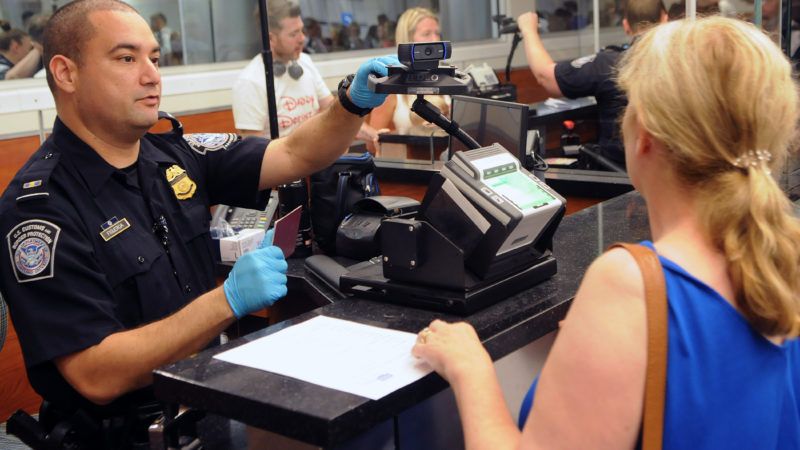40 Privacy Groups Ask Federal Oversight Agency To Push for Suspension of Federal Facial Recognition Technology
40 privacy advocacy groups send open letter to agency

A coalition of 40 privacy rights groups has sent an open letter to the Privacy and Civil Liberties Oversight Board (PCLOB), requesting that the agency recommend a suspension of all federal use of facial recognition technology.
The PCLOB was set up as an independent federal agency in 2007 to review executive branch anti-terrorism efforts with the goal of making sure that citizens' privacy and civil liberties are protected. The PCLOB can also review proposed anti-terrorism legislation, regulations, and policies and advise the president and executive branch agencies on their privacy and civil liberties implications. Advocates are asking the agency to exercise what power it has to recommend against the use of facial recognition technology.
In early December, the Department of Homeland Security initially announced that it was rolling out facial recognition system that would require that all travelers, including U.S. citizens, be photographed upon entry and departure at airports and seaports. Their photos would be matched against a database of passport and visa photos created and maintained by Customs and Border Protection. In response to pushback from civil liberties organizations, the CBP has withdrawn, for the time being, its proposal.
Now in an open letter to the PCLOB, a coalition of 40 privacy and civil liberties activist organizations asks the Board in light of the "rapid deployment of facial recognition systems directed toward Americans within the United States by federal agencies" to "recommend to the President and the Secretary of Homeland Security the suspension of facial recognition systems, pending further review."
Citing the PCLOB's enabling legislation, the letter's signatories are entirely correct when they declare: "The rapid and unregulated deployment of facial recognition poses a direct threat to 'the precious liberties that are vital to our way of life.'"
